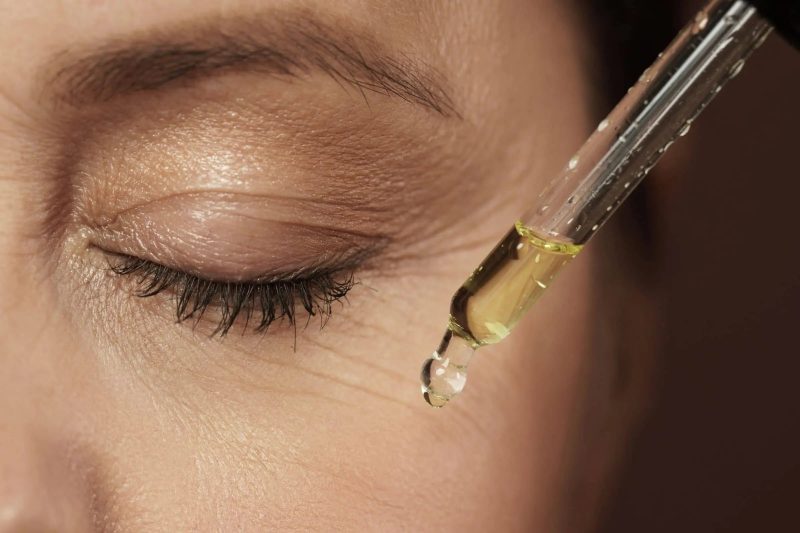The skin microbiome plays a crucial role in maintaining healthy skin. In the pursuit of radiant and youthful skin, individuals often focus on external factors such as skincare products and treatments. However, overlooked in this quest for skincare perfection is the essential role of the skin microbiome.
The skin microbiome refers to the diverse community of microorganisms that live on the skin’s surface. These microorganisms include bacteria, fungi, viruses, and mites, among others. While the idea of harboring billions of microbes on our skin may sound unappealing, these tiny inhabitants are essential for maintaining skin health.
One of the key functions of the skin microbiome is to serve as a protective barrier against harmful pathogens. By occupying the skin’s surface, beneficial microbes compete with harmful microorganisms for resources, thereby preventing the colonization of pathogens that can lead to skin infections and conditions such as acne and eczema.
Moreover, the skin microbiome plays a crucial role in modulating the skin’s immune response. These microorganisms interact with immune cells in the skin, helping to regulate the inflammatory response and promote tissue repair. Imbalances in the skin microbiome can disrupt this delicate immune equilibrium, leading to skin conditions characterized by inflammation and compromised barrier function.
Interestingly, the composition of the skin microbiome can vary significantly between individuals. Factors such as genetics, age, diet, environment, and skincare habits can influence the diversity and abundance of skin microorganisms. Understanding these factors can help individuals make informed choices to support a healthy skin microbiome.
Maintaining a healthy skin microbiome involves adopting a holistic approach to skincare. While topical products play a role in nourishing the skin, it is essential to consider the impact of lifestyle choices on the skin microbiome. Eating a balanced diet rich in fruits, vegetables, and probiotic foods can support a diverse microbial community on the skin. Additionally, avoiding harsh chemicals and overusing antimicrobial products can help preserve the delicate balance of the skin microbiome.
In conclusion, the skin microbiome represents a hidden world of microbial diversity that plays a crucial role in maintaining healthy skin. By understanding the importance of this microbial community and taking steps to support its health, individuals can achieve glowing and resilient skin from the inside out. Embracing a skincare routine that nurtures the skin microbiome can lead to long-lasting benefits for overall skin health and well-being.

